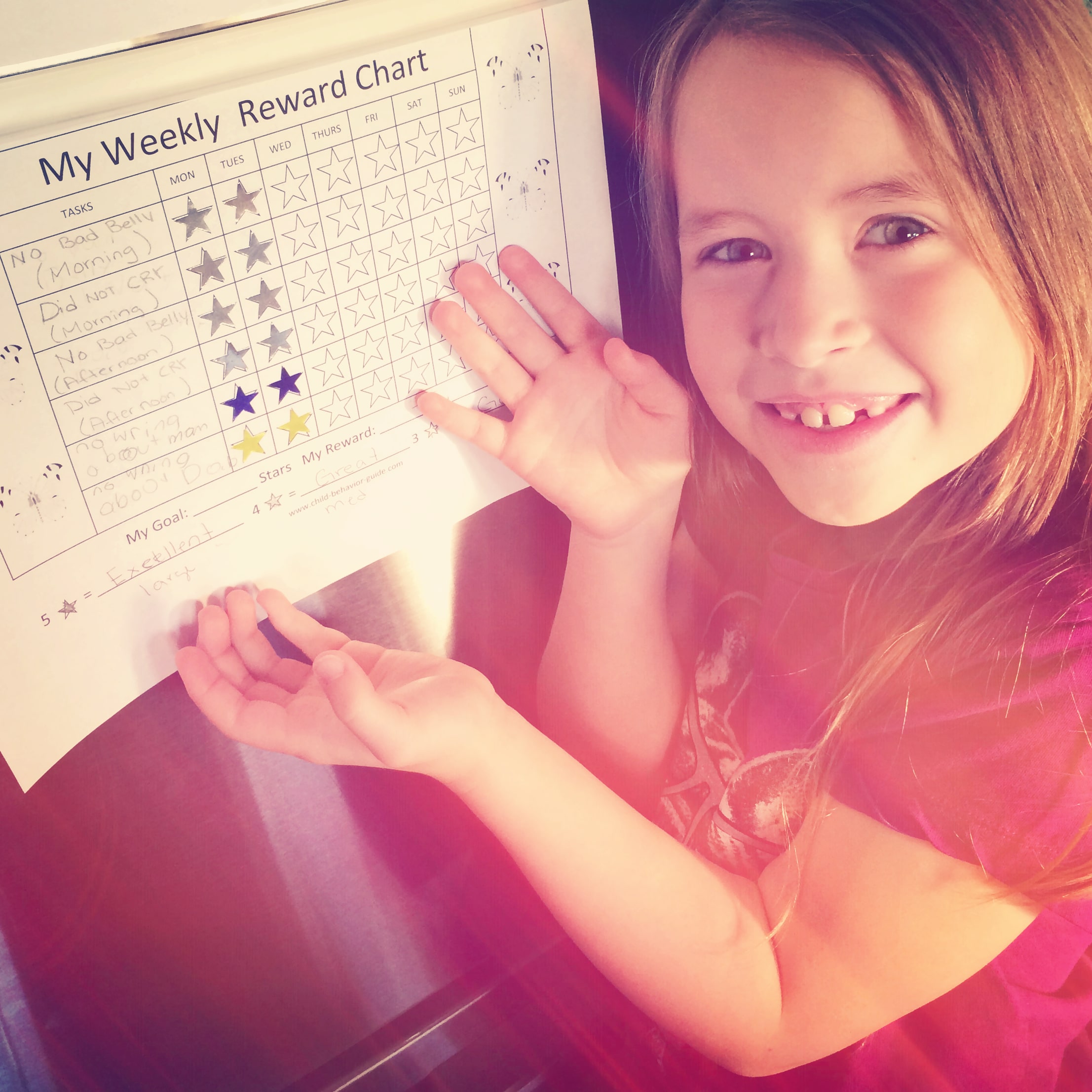All children are capable of extraordinary things. There is no happiness gene, no success gene, and no ‘doer of extraordinary things’ gene. The potential for happiness and greatness lies in all of them, and will mean different things to different kids. We can’t change...
Results for: Children’s Mental Health
Here’s how witnessing violence harms children’s mental health
Witnessing violence can have a real affect on kids. Learn more and what we can do to protect our kids!
Many children rely on the emergency room for psychiatric care
Spectrum - October 26, 2016 On any given day, pediatrician Lindsay Irvin estimates a quarter of her patients need psychiatric help. She sees teens who say they are suicidal, and elementary school children who suffer chest pains stemming from bullying anxiety....
The Cost of Budget Cuts Affecting Montana’s Most Vulnerable
It is easy to dismiss the budget cuts being considered by the Department of Public Health and Human Services as an easy way to save money. However, the latest round of proposed cuts to home support services and therapeutic foster care create a potentially serious...
How Anxiety Leads to Disruptive Behavior
Kids who seem oppositional are often severely anxious Child Mind Institute- January 22, 2018 by Caroline Miller A 10-year-old boy named James has an outburst in school. Upset by something a classmate says to him, he pushes the other boy, and a shoving-match ensues....
Rescuing Julia Twice: Overcoming Reactive Attachment Disorder
Everyday Health - April 29, 2014 by Tina Traster Our pediatrician, Dr. T, couldn't have been more pleased with Julia's progress. At 18 months, my baby was in the 95th percentile for her weight. She was talking, walking, her muscle tone was excellent. All good signs...
Understanding Teen Suicide: Tips for Prevention
A guide for parents to help prevent teen suicide. Psychology Today - June 13, 2013 by Dr. Earl Turner Suicide related behaviors (e.g., suicidal ideation, self-harm, suicide attempt) are becoming more frequent among adolescents and is a major public health issue. Many...
Teen Depression and Anxiety: What Parents Can Do
Time - October 27, 2016 Are you worried about your teen and don't know what to do next? Below is some advice from Fadi Haddad, MD, a child and adolescent psychiatrist and the author of Helping Kids in Crisis. Talk about the real stuff Sometimes conversations between...
Moving Out Of Poverty Linked To Kids’ Mental Health (STUDY)
HuffPost - March 5, 2014 by Andrew M. Seaman (Reuters Health) - Moving out of impoverished neighborhoods has different effects on the mental health of boys compared to girls, and those repercussions need to be better understood before tinkering with housing policy,...
Bullied teens twice as likely to bring weapons to school
Reuters - November 27, 2017 by Lisa Rapaport (Reuters Health) - One in five teens are victims of bullying, and these adolescents are about twice as likely to bring guns and knives to school than peers who aren’t bullied, a U.S. study suggests. Researchers examined how...
Preventing Teen Suicide: What the Evidence Shows
The New York Times - August 17, 2017 by Aaron E. Carroll Rates of teen suicide continue to rise, federal health officials reported this month, with rates for girls higher than at any point in the last 40 years. A rational response would be to engage in evidence-based...
Understanding Grief and Loss in Foster Children
The Spruce - April 4, 2017 by Carrie Craft When a child enters your home, whether through adoption or foster care, they come with a tremendous amount of grief and loss. Losses that include birth parents, extended family, home, pets, neighborhoods, schools, friends,...
Here’s how parents can help their kids who have ADHD
WTOP - October 11, 2017 by Teta Alim WASHINGTON — October is ADHD Awareness Month, bringing attention to people who have attention deficit hyperactivity disorder. For parents with children who may have ADHD, it’s important to recognize symptoms and learn how they can...
How do I know when to get my child help?
Parenting a child who is struggling with their mental health is stressful. To help guide you as you reach out for help we put together this easy quiz.
Five Benefits to Family Support Team Services at Youth Dynamics
The family support team service is an amazing program that helps keep children in their homes and community.
[Infographic] 13 Reasons Why Talking Points
The show, 13 Reasons Why, depicts a teenage girl who dies by suicide. Youth Dynamics created an infographic to help you talk about the show.
Depression: What Parents Need to Know
Mental health issues affect 1 out of 5 children and teens in the United States. Depression is among one of the most common mental health issues for youth, affecting anywhere from 10% to 15% of kids.
How to Reach Out for Help
Reaching out for help can be the scariest step for families. Here is what getting help with Youth Dynamics looks like for most families in our services.
Five Activities to Help Children Build Healthy Social Skills
These five activities will help children build social skills to thrive in their homes and communities.
Echoes of the Past: Childhood Incarceration and Adult Health
Law enforcement in the United States arrests 1.3 million youth and children every year. In Montana alone, over 4,000 youth were arrested in 2014. These high numbers make it crucial to learn how involvement with the justice system influences the development and health...
How to Address Concerns of Suicide with Children
Suicide is a scary thought for most parents. Nicole Bergman discusses what parents can do if they are concerned about their child.
Five Benefits of Dogs in Children’s Mental Health Services
The practice of animal assisted therapy has been growing in research and application. Research shows that the elderly, adults, adolescents, and children benefit from the presence of animals. Therapy animals are found in settings ranging from assisted living to...
Six Tips to Calm an Anxious Child
Clinician, Beth Breen, discusses useful tips for helping children manage anxiety. Tip 1. Routine and Structure Simply being an adult who responds to a child in a consistent and reliable manner who they see on a regular basis can help them to manage anxiety in their...




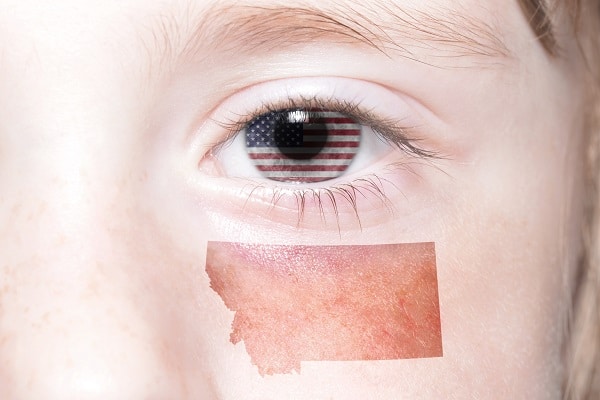
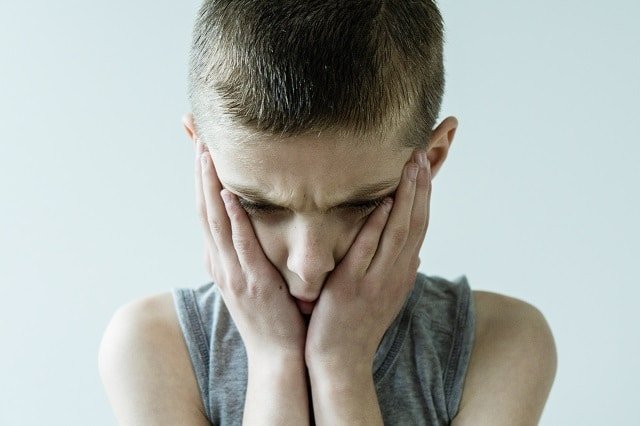






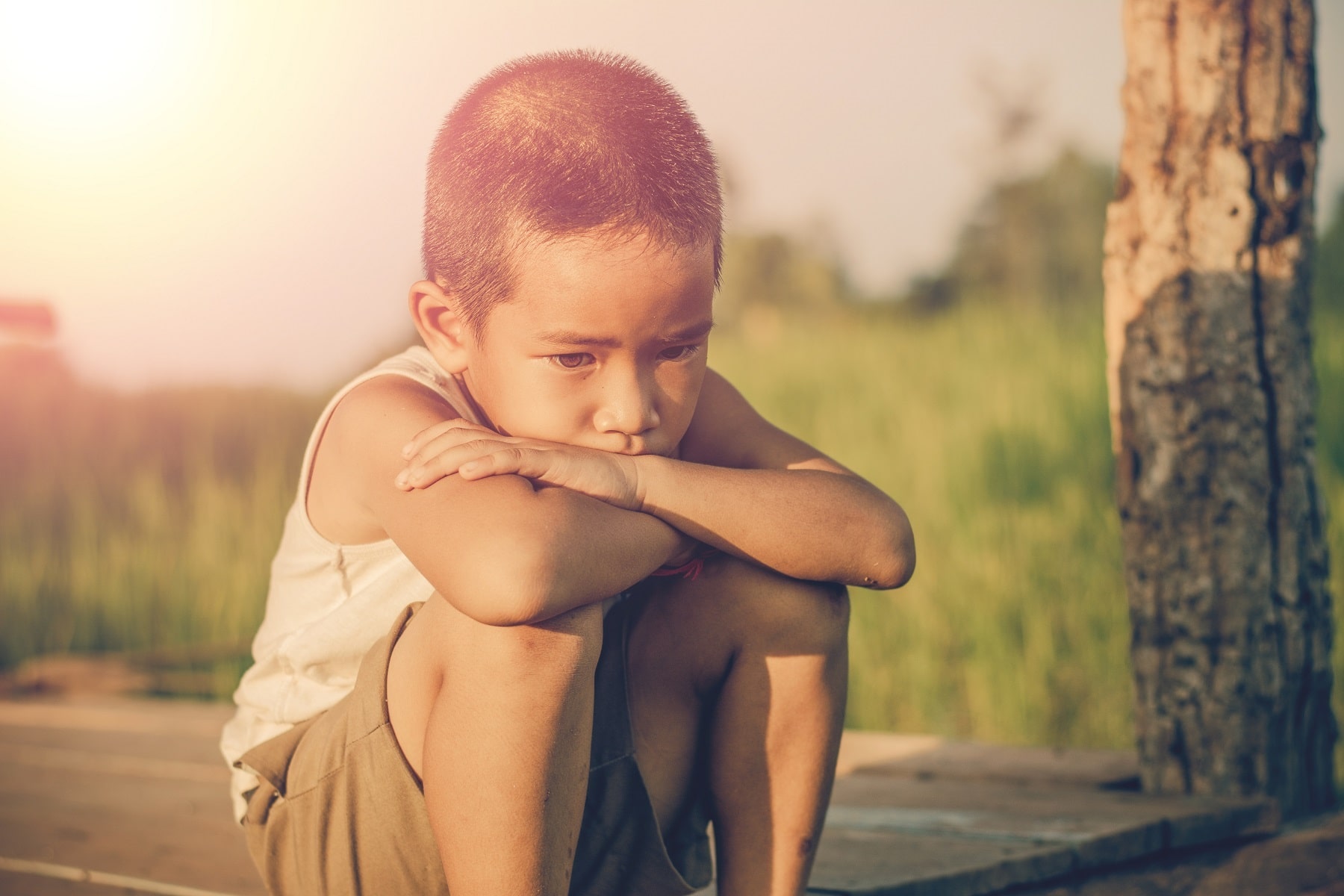
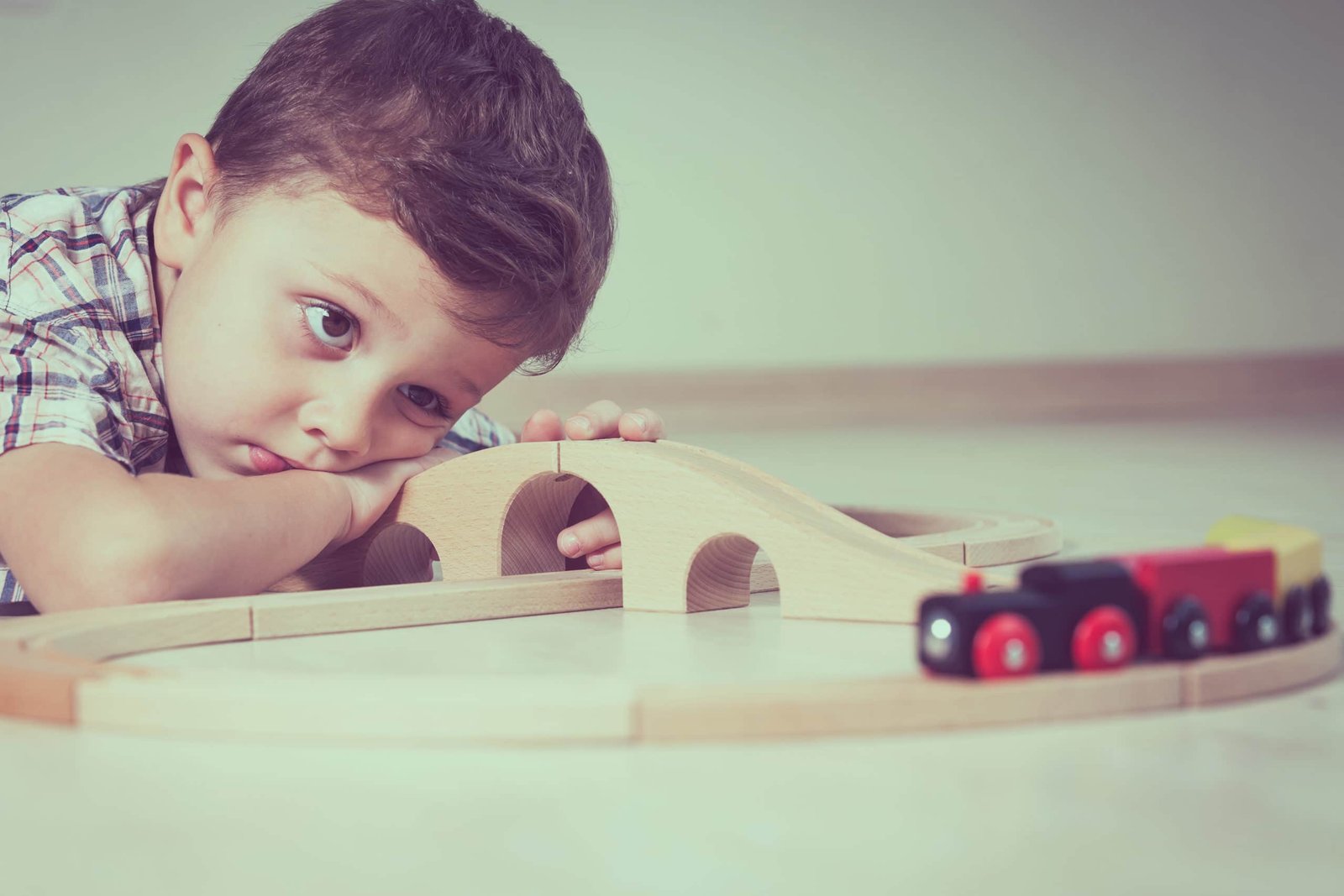


![[Infographic] 13 Reasons Why Talking Points](https://www.youthdynamics.org/wp-content/uploads/2017/04/Screen-Shot-2017-03-23-at-9.41.21-AM.png)


